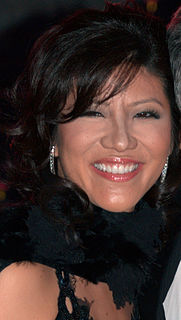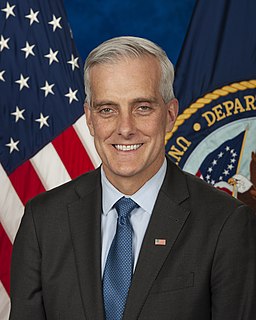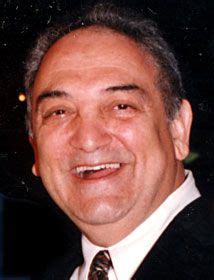A Quote by Ashleigh Banfield
We didn't see what happened after mortars landed, only the puff of smoke. There were horrors that were completely left out of this war. So was this journalism? Or was this coverage?
Related Quotes
The Second World War had a precipitating effect in that it discredited the empires, as well as bankrupting them. Not only could you no longer, if you were a colonial subject of France in Africa, look to France as a model of power and influence and civility after what had happened in the war. Nor could the French any longer afford to run their empire. And nor could the British, although they were not discredited in the way that the French were.
Once, I'd written a Western story, and one of the panels was just a hand holding a six-shooter, and there was a puff of smoke coming out of the barrel, and a straight horizontal line, indicating the trajectory of the bullet. So that page was sent back to me from the Code office, saying that the particular panel was too violent. I asked them what they meant, and they told me--I swear--"The puff of smoke is too big." Well, of course. So I had the artist make the smoke a little smaller, and the youth of America was saved.
Only her tight, tight eyes were left. They were always left...They were everything. Everything was there, in them...Thrown, in this way, into the binding conviction that only a miracle could relieve her, she would never know her beauty. She would see only what there was to see: the eyes of other people.
I want the marginality to come into the center. This is the thing I was conscious of growing up, when I later lived in England. I saw all these war movies that came out shortly after the war, and they were all about the war being fought by Englishmen or Americans, there were no other "allies" in it - from India or Australia, etc.
If real Satanism were allowed the kind of television time that Christianity has now, the kind of drawing out and patience that interviewers give sports figures, or the kind of coverage that a baseball game gets, Christianity would be completely eliminated in a few short months. If people were allowed to see the complete, unbiased truth, even for 60 minutes, it would be too dangerous. There would be no comparison.
For a long time, way back in the ’30s and ’40s, there were fabulous female roles. Bette Davis and all those people had incredible, great roles. After World War II, something happened where it was not only "get out of the factories," but "get out of the movies." That's when women's roles started to really [change].
I certainly don't mean to suggest that all investigative journalism prior to 9/11 in the US was praiseworthy. But there were more examples to which one could point, and there were at last some activist photographers who understood that getting information into the public sphere in spite of military censorship was a right and obligation within democracy. That strain in war journalism did nearly vanish during that time.
































